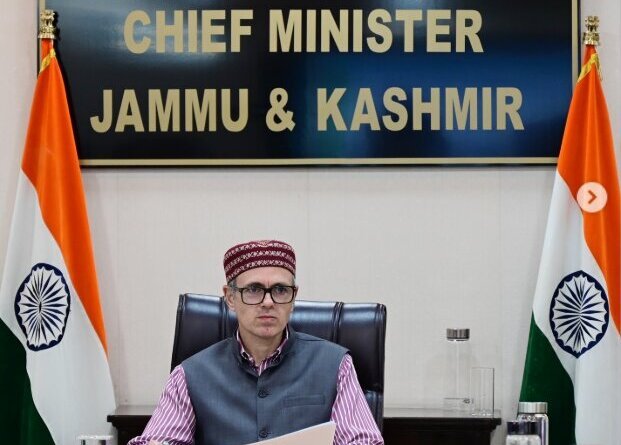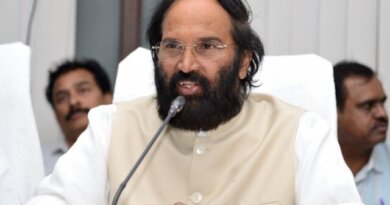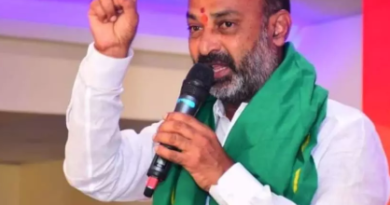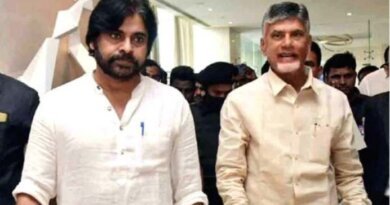Omar Abdullah Questions Centre’s Statehood Delay

Jammu and Kashmir Chief Minister Omar Abdullah has reignited the debate over delayed statehood for J&K and Ladakh, accusing the central government of eroding public trust and using promises as political bait. His remarks, made during a public event in New Delhi, have stirred fresh scrutiny over the Centre’s roadmap for restoring full democratic status to the region.
Abdullah pointed out that the government had earlier committed to a three-stage process—delimitation, elections, and finally statehood. While the first two steps have been completed, the third remains stalled, raising concerns among residents and political observers alike.
He also criticized the Centre’s handling of Ladakh’s aspirations, particularly the promise of Sixth Schedule protections. “You knew it was nearly impossible, yet you made the promise to secure electoral participation,” he said, referencing the region’s strategic location and defense sensitivities.
The recent protests in Ladakh, which turned violent and led to multiple casualties, have intensified calls for constitutional safeguards. Climate activist Sonam Wangchuk, a prominent voice in the movement, was detained under the National Security Act, further fueling public outrage.
Abdullah expressed concern over the sudden shift in the government’s stance toward Ladakhi leaders. “One day they’re praised as patriots, the next day they’re linked to foreign agendas. This inconsistency is dangerous,” he warned.
The Chief Minister emphasized that the trust deficit is deepening, despite high voter turnout in recent elections. “People participated in good faith. Now they’re asking—where is the promised statehood?” he said.
Political analysts believe Abdullah’s statements reflect growing frustration across party lines. With general elections approaching, the issue of statehood could become a flashpoint in national discourse.
In Ladakh, demands for inclusion in the Sixth Schedule continue to gain momentum. Local leaders argue that without constitutional guarantees, the region’s cultural and environmental identity remains vulnerable.
Meanwhile, in Jammu and Kashmir, the absence of full statehood has led to administrative bottlenecks and limited legislative autonomy. Critics argue that this undermines the spirit of federalism and alienates citizens.
Abdullah’s remarks have sparked reactions from across the political spectrum. While some leaders support his call for clarity, others accuse him of politicizing a sensitive issue.
The Centre has yet to respond formally, but sources indicate that discussions are underway. However, no timeline has been provided for the final stage of statehood restoration.
As the debate intensifies, citizens in both regions await a resolution that honors democratic values and constitutional commitments. The coming weeks may prove decisive in shaping the future of J&K and Ladakh.





Meta description tips are good, but rest of the article is too generic.